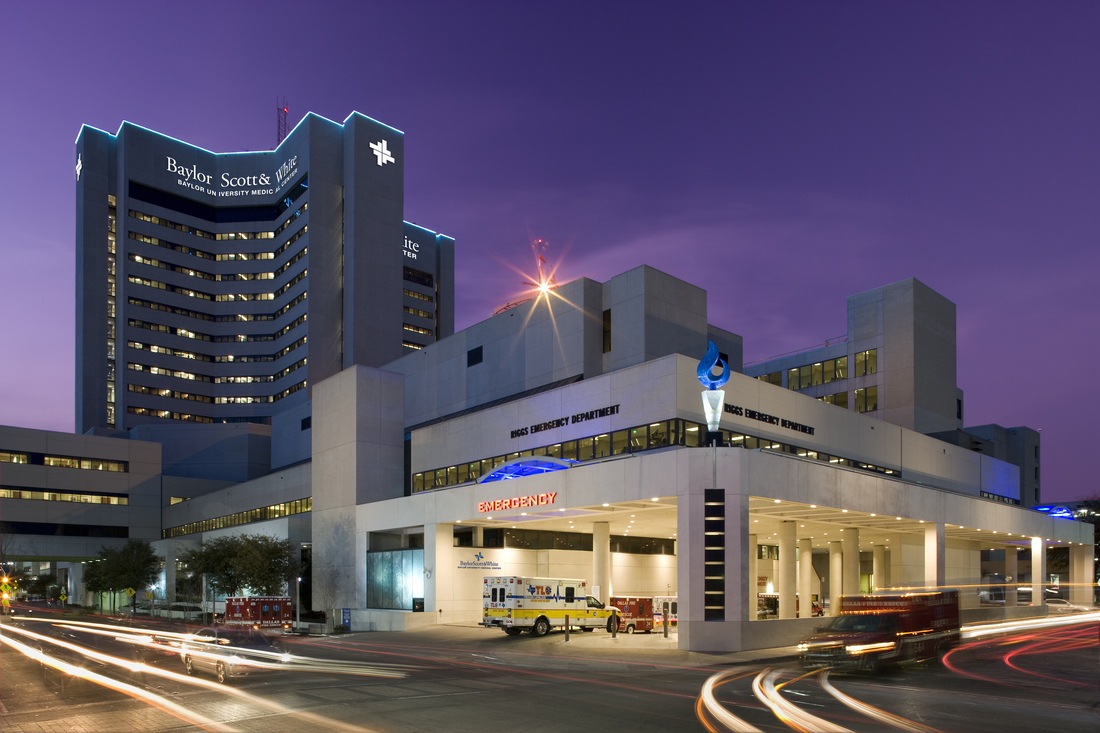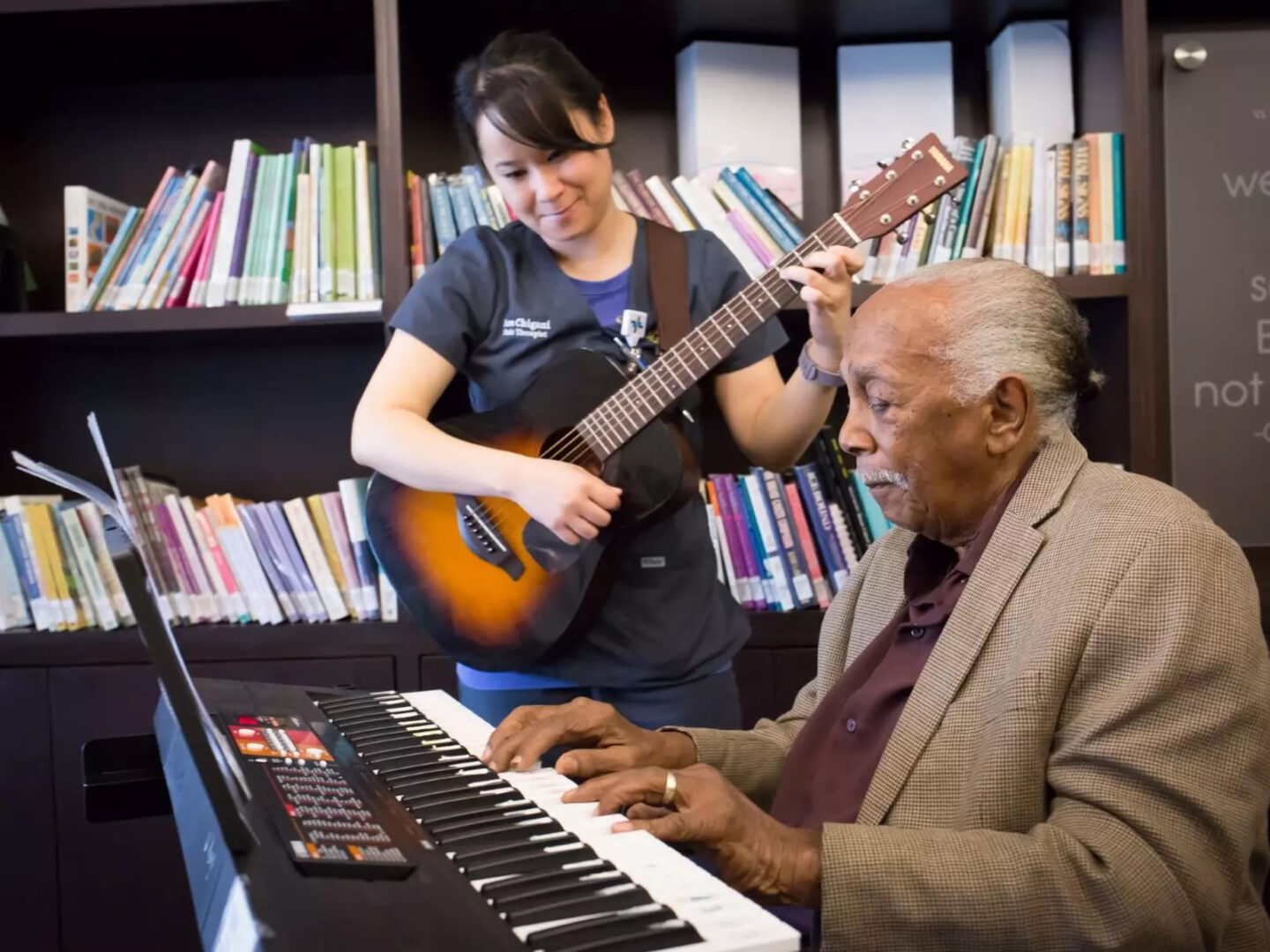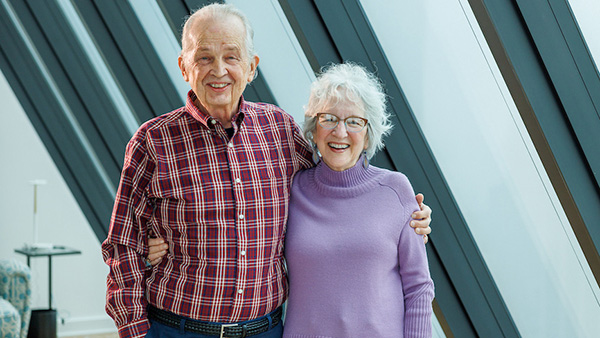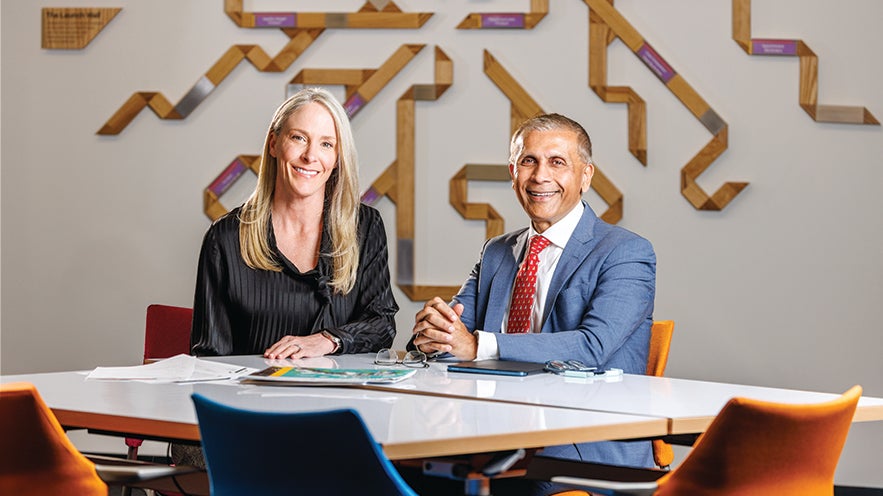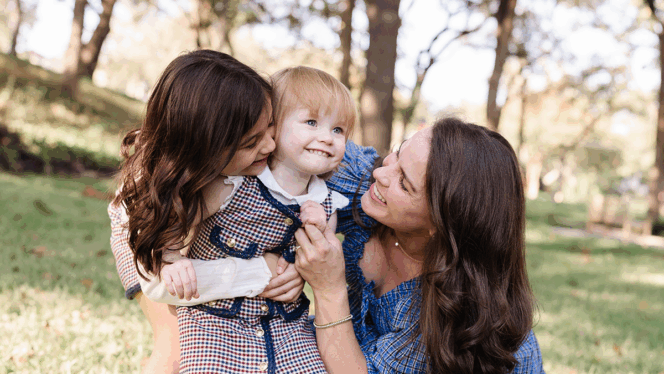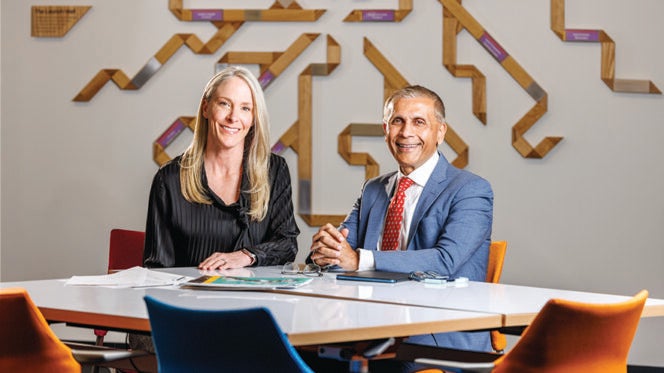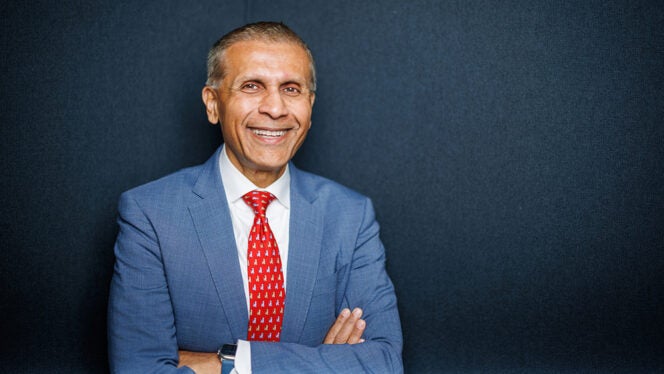Baylor Scott & White Health chief of oncology demonstrates that immunotherapy combined with chemotherapy and radiation prior to surgical resection of a tumor, is safe while also demonstrating how to track tumor responses utilizing a novel blood test.
Dr. Ronan Kelly · Chief of oncology for Baylor Scott & White Health in North Texas
Understanding how a specific tumor responds to treatment and using that information to find the best therapy for that individual patient is an important goal of personalized medicine. “Liquid biopsy” strategies are intriguing as minimally invasive methods for evaluating tumor status during treatment by detecting circulating tumor DNA (ctDNA) in the blood.
A new study led by researchers from Baylor Scott & White Charles A. Sammons Cancer Center at Baylor University Medical Center in Dallas, part of Baylor Scott & White Health, shows that ctDNA assessments can be used to understand whether tumors are shrinking or growing during gastroesophageal cancer treatment. This has the potential to open the door to new therapeutic insights and advances in personalized medicine.
The study, published in Nature Medicine, was led by Ronan Kelly, MD, MBA, FASCO, medical director of oncology at BUMC and chief of oncology for Baylor Scott & White Health in North Texas.
Two immune-boosting drugs often used in advanced or metastatic disease were tested to see if they could shrink tumors when taken before surgery for gastroesophageal junction cancers, a type of cancer for which there currently is no screening test. Immune-boosting drugs added to chemotherapy and radiation treatment prior to surgery were shown to help shrink tumors effectively, and additional studies will continue to determine how to add immunotherapy to chemoradiation in this disease setting.
While this study found these new treatment regimens to be both safe and effective for patients battling esophageal/gastroesophageal cancer, research also indicated that the team developed an effective way to test for the presence of cancerous tumors by measuring ctDNA circulating in the bloodstream, with Dr. Kelly calling the ability to track what’s happening to a patient in real time “really exciting.”
“The hope is that these new tests will change the logarithmic scale of detection where we can move away from a reliance on imaging using CT scans to using these circulating biomarkers to determine if a cancer is being killed by our treatments or if we need to change treatment if resistance is detected,” Dr. Kelly said. He added that even a small tumor measuring only one centimeter on a scan contains one billion cancer cells and that the new blood tests measuring ctDNA may be much more sensitive than imaging and can provide more real-time information as to whether treatments are working.
“This may help us personalize our treatments and move away from a ‘one size fits all approach’ where everyone is treated the same,” Dr. Kelly said. “We know an individual’s cancer is unique to them so we may now be able to escalate or even de-escalate treatment in some patients, avoiding unnecessary toxicities in people who are having a great response.”
Philanthropy plays a significant role in advancing the understanding, detection and treatment of cancer, said Dr. Kelly, who holds a chair endowed by the W.W. Caruth, Jr. Foundation. “The support we receive helps us push the boundaries of science so we can detect cancer in a general population and detect recurrence of cancer in people who have been treated. We aim to disrupt the timeline of cancer development and to intercept cancer earlier than ever before.”
This pioneering new work is aligned with the mission of the Texas Immuno-Oncology Biorepository (TIOB), a collaborative initiative with the Baylor Scott & White Research Institute. The TIOB is a large-scale program designed to collect biospecimens and clinical data from patients undergoing treatment across the Baylor Scott & White system. The goal is to obtain prospective, longitudinal data from a geographically diverse population of people receiving cancer treatment at Baylor Scott & White clinics across North and Central Texas and use that data to accelerate cancer research.
“The TIOB is fueling research to answer questions currently out of reach in the context of traditional clinical trials,” Dr. Kelly explained. “We want to know how the body responds to cancer treatment and use that information—like that which we have uncovered for GE junction cancer—to create therapeutic breakthroughs that help our patients live longer and healthier lives.”
For more information, contact
